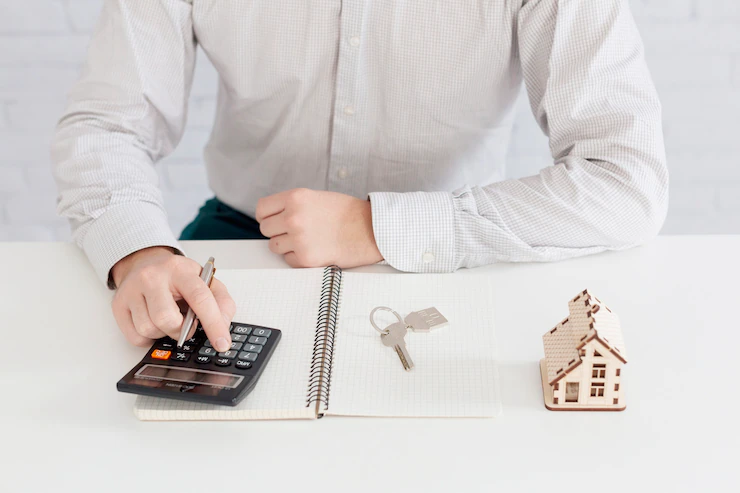If you’re seeking a dream property, you still need to qualify for a mortgage. Therefore, you need to find out first if you qualify for financing.
The first step you need to take to show you’re committed to buying a house is to get pre-qualified.
Getting Pre-Approval for Financing

Getting prequalified for a home loan is not the same as getting a mortgage. Pre-qualification lets the lender and home sellers know that you’re willing to make offers on houses that you can afford.
How to Obtain a U.S. Home Bank Mortgage
To obtain a U.S. home bank mortgage, you need to meet specific qualifications. Therefore, you’ll need to figure out which type of mortgage will work with your budget. You can get mortgages that are government-sponsored, traditional mortgage loans, such as fixed and adjustable-rate mortgages (ARMs), and low-income loans.
Eligibility Requirements for Homeowners

I. The Down Payment
To meet the eligibility requirements for a mortgage, you generally have to have a down payment.
While you don’t need a down payment for a VA loan, you do have to be a member or former member of the military, or a military spouse. VA loans also feature a funding fee. Even though you don’t have to have perfect credit or a down payment, this is important to keep in mind.
Otherwise, you’ll need to have a down payment to qualify for most loans. The down payment you’ll need, for example, for a government-sponsored FHA loan is only 3.5%, as long as your credit score is 580. If you have a lower credit score, you’ll need a 10% down payment.
For conventional loans, you’ll usually put down 3%, 5%, or 10%, depending on your credit score. Therefore, it pays–literally–to have a higher credit score. Despite what some people believe, you usually don’t need to put 20% down to buy a house unless it’s an investment property. However, you do have to buy private mortgage insurance if you put less than 20% down.
II. The Ability to Pay Back the Mortgage
To get a mortgage, you have to consider your chances from a lender’s viewpoint. To qualify, you’ll need to provide W2s and your income tax returns for the past several years along with current pay stubs. From this information, the lender will assess:
- The source of your earnings
- The stability and length of your income sources
- If your income will continue
Lenders will also examine your monthly debts, such as credit card bills, vehicle payments, personal loan payments, alimony, child support, and similar ongoing obligations.
III. Capital and Collateral
Two other requirements, when buying a home, include the amount of capital you possess and your collateral. Capital includes cash reserves, such as savings, including IRAs, CDs, and stocks and bonds.
In mortgage financing, the collateral represents the real estate you are purchasing. If you default on the loan, the lender can take over possession of the house – a process called foreclosure.
Know What to Expect
Know what to expect when you’re buying a house. By learning the eligibility requirements for taking out a loan, you can realize your dream of owning a property.
Additional






















